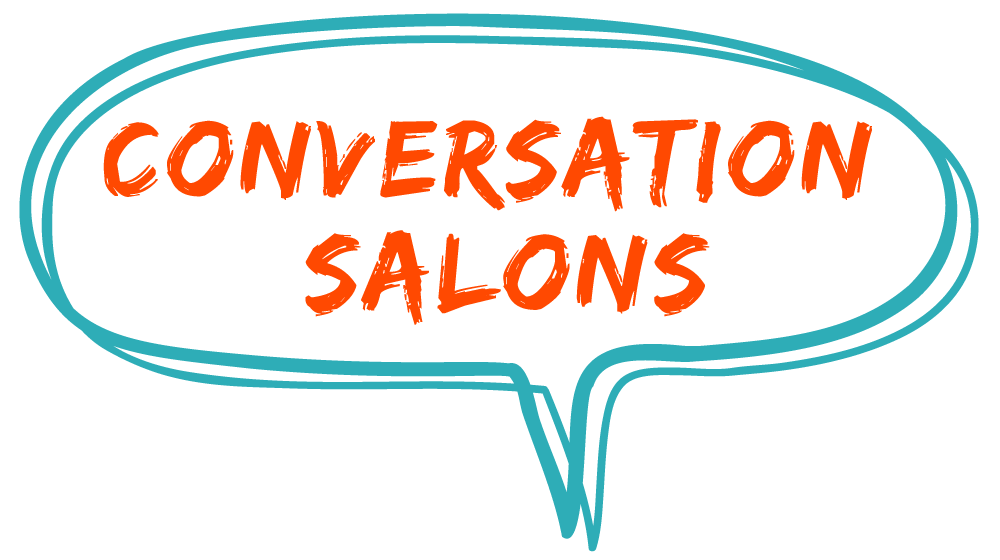
By Jyoti Chauhan
Some taboo subjects are taboo because there’s a societal sense of shame attached to them. There are subjects that have been deemed as inappropriate for us to discuss. Finances, miscarriage, divorce, suicide, abuse, addiction and mental illness are a few examples of this. For instance, discussing finances in fortunate circumstances is seen as something you shouldn’t do but this is also true in unfortunate circumstances. If you’ve had to use a food bank or go onto benefits or have to get out a loan then some people that lack a sense of empathy can see it as a failure of some sort.
I think it’s sheer dumb luck that we’re born into the lives we’re born into. I think it’s sheer dumb luck that we’re born into lives with opportunity or privilege. I think it’s also important to note that some people unknowingly make choices that turn out to be harmful to themselves – people choose partners who they believe will treat them with kindness, people try substances that they think they’ll only do once. These situations are perhaps met with even less empathy but no-one should be judged for not being able to predict the future. If people were able to be more open about their experiences without the fear of being judged I think the world would be a much healthier place. Educating people about these topics and how to approach them in conversation would be helpful. I think education is necessary in dismantling the shame that society has placed on many of these subjects. Some people repress their emotions or hide their experiences because they feel they will be judged, they feel a sense of embarrassment or they’re worried about disappointing people. They fear judgement for the experience itself or the way they handled it. They fear they will be discarded by society. Even though it’s continually improving,
I’ve observed this in my own culture a lot. In Indian culture so many subjects are considered taboo and aren’t acknowledged or spoken about for fear it will bring shame to the family. It’s a lot of pressure for people to live up to and an impossible standard to live by. It’s a dangerous precedent to set and it’s harmful to those who need support the most. That is why it’s so important to be approachable and create a safe space if you want to help a loved one. Create a compassionate space in which they know they can be seen and heard. Create a space that is devoid of judgement or any air of superiority. Create a space that they can trust, with the knowledge that they will be treated with kindness. Create a space in which they feel comfortable enough to be honest with you, even if you haven’t been through the same experiences.
Grief is a continual theme in all of these taboo subjects. There is no guidebook on how to grieve – no right or wrong way. Some people do it publicly and some do it privately. Some want to talk about it and others don’t. Some say they’re okay when they’re not – asking them ‘are you sure?’ can make all the difference. Some want to be distracted whilst others want to focus on processing their grief. That means there’s no guidebook on the best way to help a loved one throughout this time.Some people are afraid of saying the wrong thing which is totally understandable – you don’t want to make that person feel worse or offend anyone. However, this usually ends with you saying nothing and avoiding the interaction all together. This is unhelpful to everyone involved, especially your loved one who needs your support. Everyone is different and therefore your approach needs to be too. One reoccurring thing I have sensed is that most people just want to know that you’re there. A message saying ‘I’m thinking of you – I’m here if you need anything’ is sometimes better than a constant barrage of ‘are you okay?’ Starting a conversation with someone doesn’t always have to be about what they’re going through. Some people value a distraction and want to talk about something normal when things are unbearable.There can be relief in the superficial.
I think it’s also worth noting that there are so many different ways in which you can lose someone. Someone passing away is perhaps what people think of first but I also mean someone being there in person but not being there in mind or spirit. Losing someone through addiction, someone running away, someone who is terminally ill or losing someone through mental illness can be examples of this. Each loss is so personal and no-one can truly understand what they’re going through. Something that I’ve learnt throughout the past few years is to avoid the ‘I understand how you feel’ sentiment, because I don’t. No-one expects you to understand, they expect you to empathise. I think this can also relate to a lot of other things, including when you’re talking about discrimination – you will never understand how someone who has been oppressed feels unless you have been oppressed. I think that breaks down even more so when we speak about loss or grief because every person’s loss is so personal.
Even if you have been through a similar situation – the connection is different, the history is different, the relationship is different, the support system (or lack of) is different, the experiences are different. It’s so individual that I think the phrase ‘I understand what you’re going through’ is sometimes perceived as insulting because how could you understand something that is so deeply personal to someone? That means that grieving can also be an isolating experience – you can feel alone in your grief and alone in your suffering. That’s why checking in with someone is important. I think people avoid these conversations because they don’t want to be uncomfortable or feel awkward. This isn’t about how you feel – this is about being there for someone you love. There might be a sense of awkwardness there but that’s normal in a conversation about a subject that is considered taboo because people rarely talk about it and it reveals a deep personal vulnerability. I also think that the toxic positivity brought up in these situations is dangerous – the ‘everything happens for a reason’ or ‘God has a plan’ route can be enraging and is completely unhelpful. You need to let people grieve, no matter how uncomfortable it is for you. This isn’t about you. It’s okay if you don’t know what to say – it’s rare that anyone does. Sometimes people just need to know that you’re there for them if they need anything. They don’t need you to try and fix a situation because the situation can’t be fixed. The feeling of helplessness can be overwhelming because all you want to do is take away their problems and make your loved one feel better but unfortunately it’s not that easy. But remember that by being there for them and making sure they’re aware of that – you’re probably helping more than you think you are. There is no easy fix and it will take time for people to process their emotions. It usually comes in waves – people will have good days and bad days. Sometimes you just need to be there to ride the wave beside them and make sure they have their life jacket on so they don’t drown.
If you have been affected by any of the topics in this piece and require support please see the links below:
https://www.turn2us.org.uk/Get-Support
https://www.familylives.org.uk/
